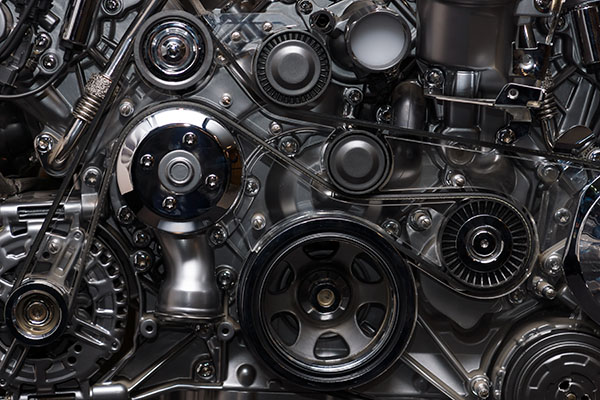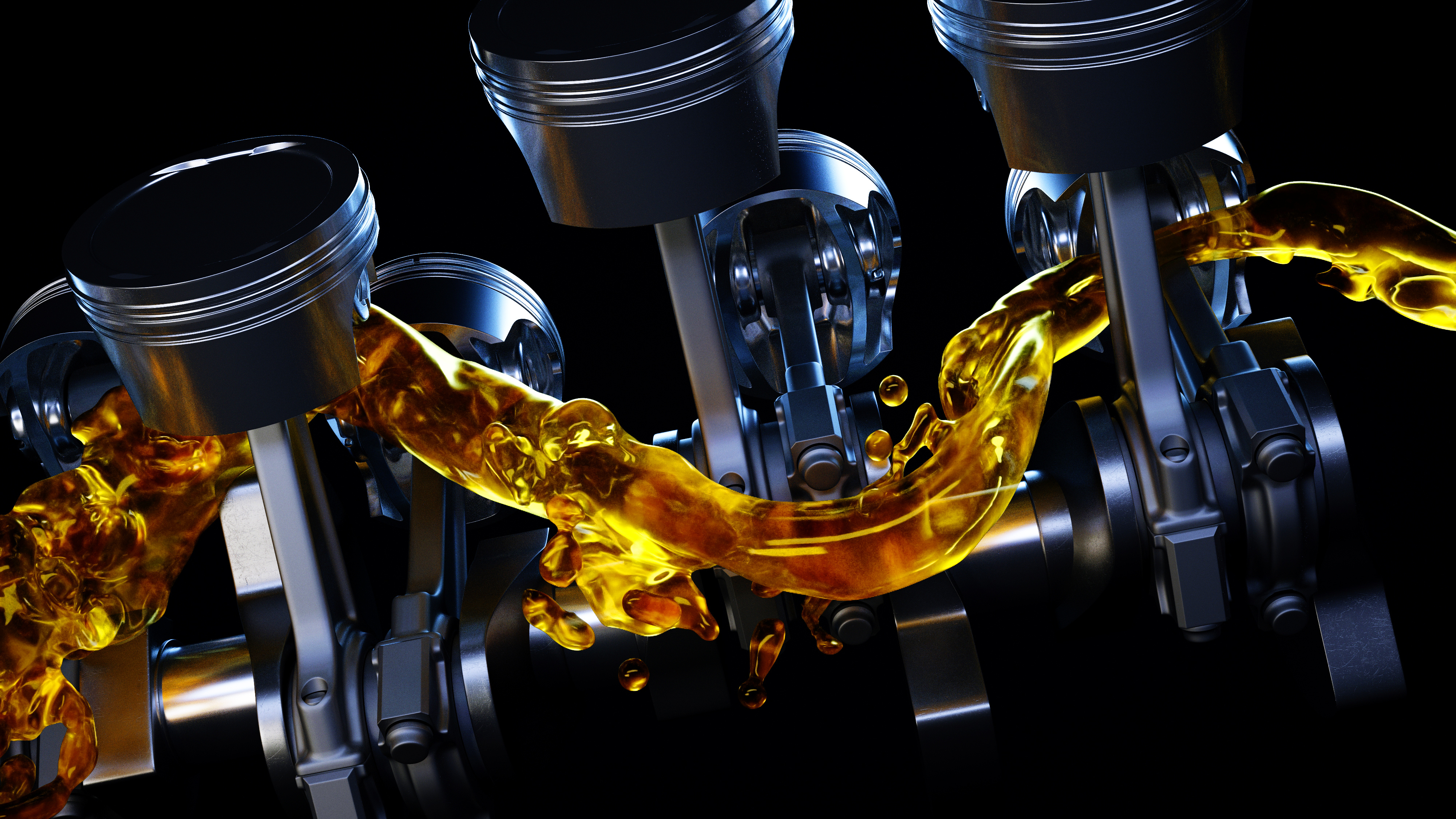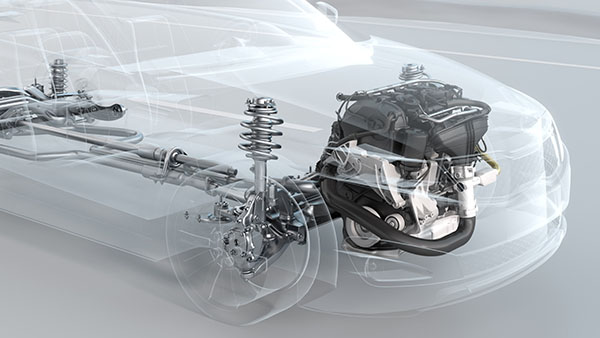Posted on 12/16/2023
%20(1).jpeg)
When your vehicle starts acting up, it's like it's communicating with you through a language of beeps, lights, and performance hiccups. It's trying to tell you something is amiss. For those who aren't mechanics, these signs can be cryptic at best. One component that often cries out for attention yet is frequently overlooked is the Exhaust Gas Recirculation (EGR) valve. This little gadget plays a big role in reducing emissions and improving efficiency. But how can you tell if your EGR valve is the culprit behind your car's latest tantrum? Let's decode the signals together. 1. The Dreaded Check Engine Light The check engine light is like the S.O.S. beacon of car trouble. If it illuminates and a diagnostic reveals error codes pointing toward the EGR system, consider this an unmistakable distress signal from your EGR valve. 2. Rough Rides Ahead ... read more
Posted on 11/29/2023
.jpeg)
When you think about your vehicle, it's easy to visualize the mechanics as a balanced movement and harmony - a dance of pistons, gears, and wheels. Yet, there's a silent component, or to be exact fluid, vital to the longevity and efficiency - transmission fluid. What is Transmission Fluid Transmission fluid - it's a lubricant, but it also serves multi-faceted high-pressure functions that ensure every journey you take isn't just possible but also pleasant. Underestimating its role can lead to a mechanical cacophony rather than a symphony. For the unversed, your transmission fluid operates under immense stress to perform three crucial tasks: to lubricate moving parts, act as a coolant, and transmit power from the engine to the transmission. As your vehicle busily engages in its daily performance of navigating through traffic, accelerating, and climbing hill ... read more
Posted on 10/29/2023

DPF - a term that might sound unfamiliar and daunting to many. However, understanding the significance of this acronym can save you from potential headaches and keep your car running smoothly. So, let's delve into the world of DPF (Diesel Particulate Filter) and unravel its role in ensuring a cleaner and healthier environment while maintaining your vehicle's performance. What Does DPF Mean and How Does It Work? The Diesel Particulate Filter is a crucial component in modern diesel engines designed to reduce harmful emissions. Functioning as an effective trap for the soot, ash, and other particulate matter produced during the combustion process, DPF plays a vital role in curbing the release of pollutants into the atmosphere. It operates by capturing these microscopic particles, preventing them from being expelled through the exhaust system, and ... read more
Posted on 9/29/2023

Your car's engine, like a finely tuned orchestra, relies on harmony and balance to perform its best. Over time, the rhythm may falter, and the melody may lose its luster due to the accumulation of sludge and deposits in your engine. This is where the symphony of an oil flush and additives steps in, offering a harmonious solution to rejuvenate your vehicle's heart. Get ready because we are going on a journey of automotive "revitalization" as we explore the transformative benefits of these essential maintenance practices. The Power of an Oil Flush Imagine your car's engine as a river, with engine oil as its lifeblood. Over time, this vital fluid can become contaminated with sludge, carbon deposits, and impurities. An oil flush is like a refreshing cleanse for your engine, replacing the old, dirty oil with clean, high-qualit ... read more
Posted on 8/31/2023

In the intricate world of modern diesel engines, the Exhaust Gas Recirculation (EGR) system stands as a crucial component that plays a pivotal role in achieving a balance between power, fuel efficiency, and emissions control. While its inner workings might seem complex, understanding the basics of the EGR system and the importance of its maintenance is essential for ensuring your diesel engine's optimal performance and longevity. The Diesel EGR System Unveiled The Exhaust Gas Recirculation (EGR) system is designed to regulate the amount of exhaust gases that are redirected back into the engine's combustion chambers. This process serves a twofold purpose: reducing nitrogen oxide (NOx) emissions, which are harmful to the environment, and managing engine temperature to enhance fuel efficiency. How the EGR System Works As your diesel engine runs, the EGR system takes a portion of the exhaust gases and recirculates them back into the engine ... read more